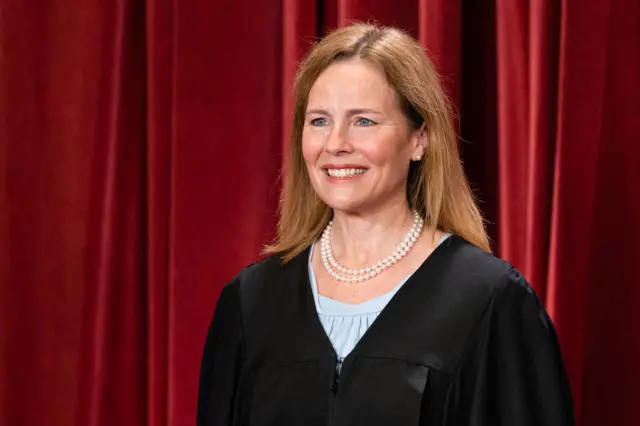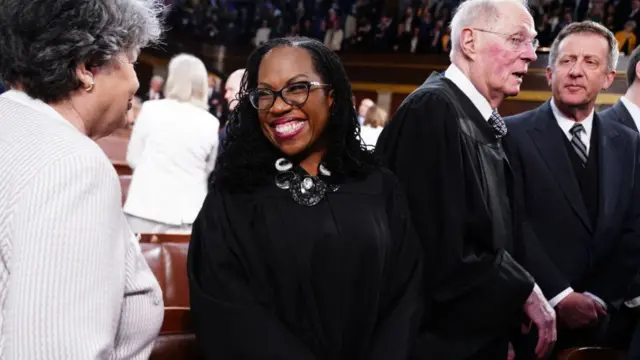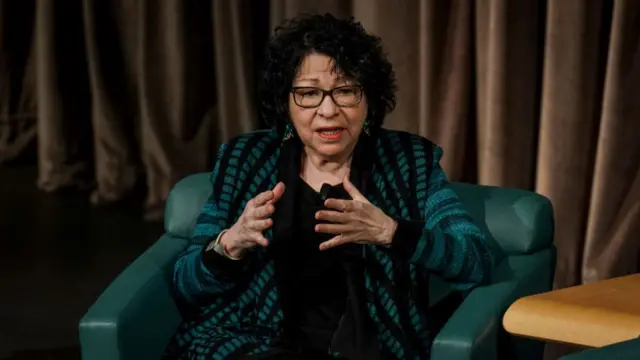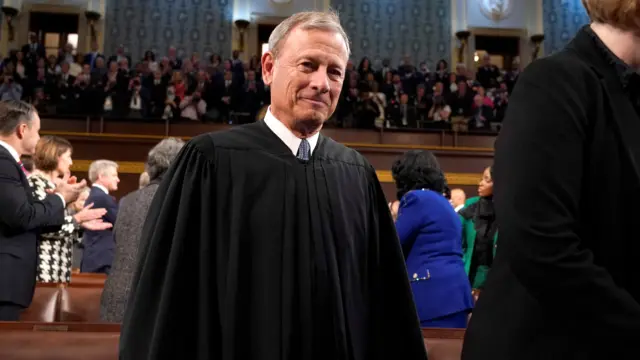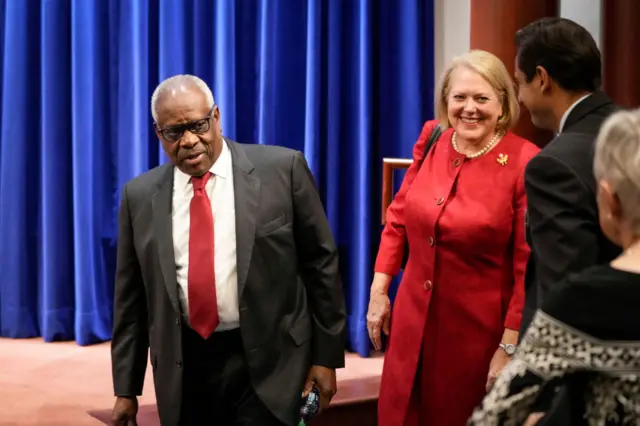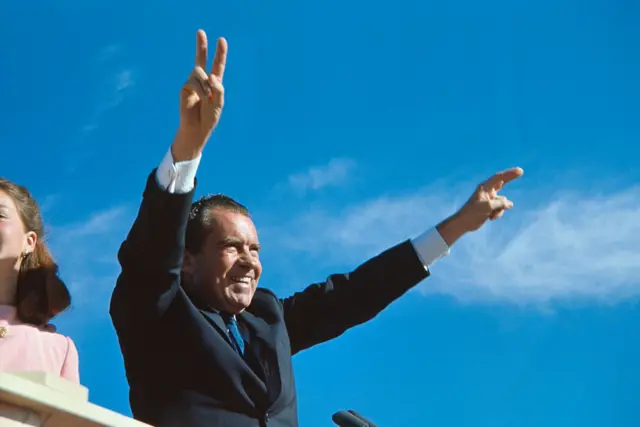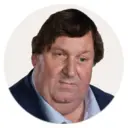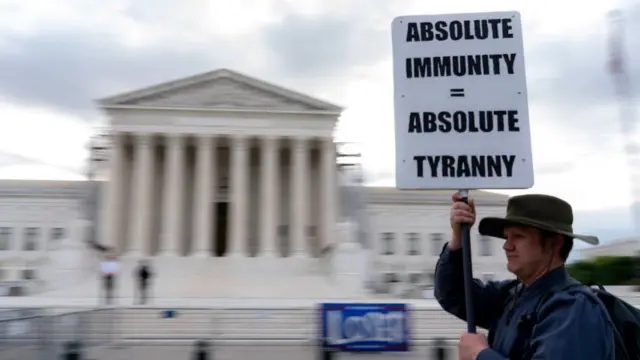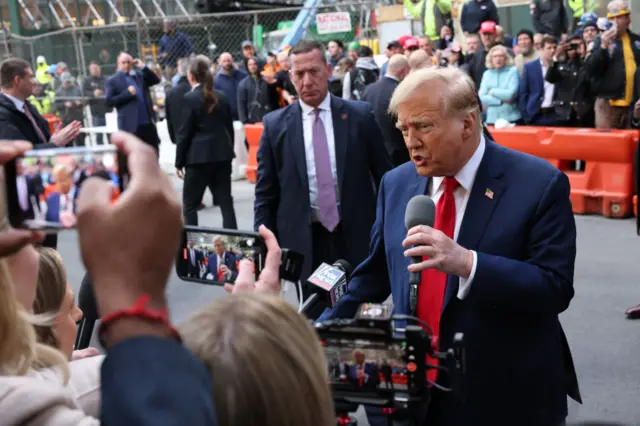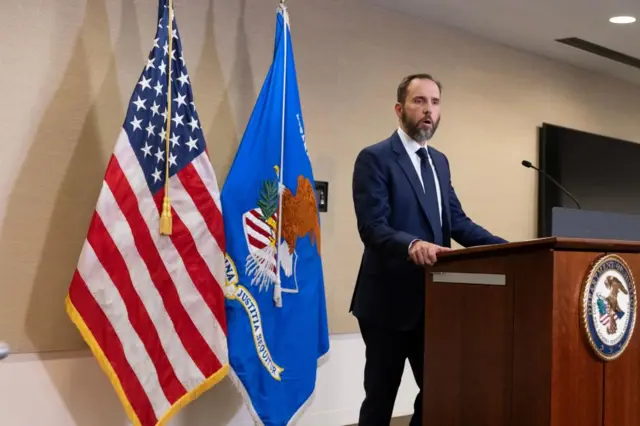Sotomayor explores a compromise rulingpublished at 15:46 BST 25 April 2024
Justice Sotomayor argues that the private intent of Trump's official acts could be inferred from evidence presented in court.
But, she added, "you wouldn't expunge that as evidence" and you would tell the jury not to consider some of these actions during their deliberations.
"I'm not sure that I understand why your problems couldn't be taken care of at trial with an instruction, if the Court were to find - I'm not even sure how they could, but if it were to find - that some public acts could not be the basis of criminal liability," she tells Sauer.
Trump's lawyer replies that the reason his client is calling for blanket immunity is because "it would be difficult for some of these prosecutions to proceed" in their entirety.
